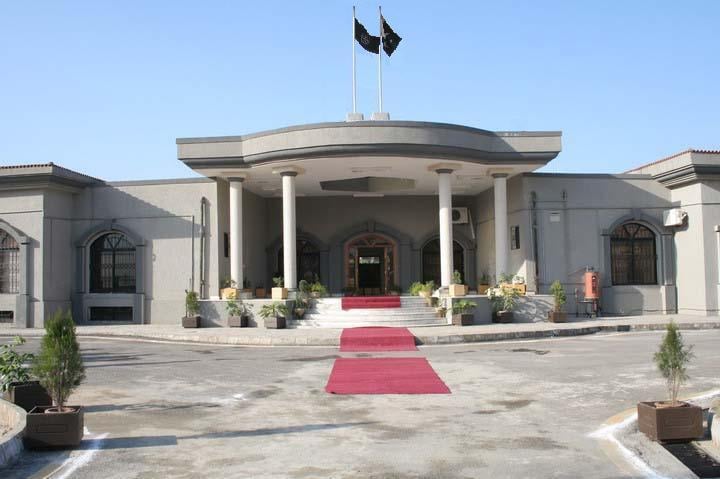Islamabad High Court (IHC) Chief Justice Sardar Muhammad Sarfraz Dogar provided a clarification on Friday concerning his reported remarks during a heated exchange with lawyer and rights activist Imaan Zainab Mazari-Hazir. The original incident occurred during a hearing on a plea to remove activist Mahrang Baloch’s name from the Exit Control List (ECL), where Justice Dogar had warned Mazari of potential contempt of court proceedings for allegedly labeling him a “dictator.” The Chief Justice asserted that his words had been presented “out of context” and that this misrepresentation had caused an unnecessary public “storm.”
Addressing the matter in court, Justice Dogar adopted a conciliatory tone, stating that Mazari was “just like a daughter to him” and that, as chief justice and an elder, he was merely trying to make her understand his perspective. He clarified a specific controversial remark, denying that he had said he would “get hold of” her. Instead, he explained that he had asked her husband, Hadi Ali Chatha, who was present, to “take her away” to avoid the initiation of contempt proceedings, which he stated could damage her legal career.
Despite this clarification, Mazari offered a sharp rebuke from her perspective. Following the initial hearing, she had posted on X that in court, she was not an activist but a professional lawyer representing a client and should be treated as such. After the Chief Justice’s comments on Friday, she posted again, accusing him of “sexist” remarks and harassment. She firmly rejected the paternalistic framing, stating, “I am neither his daughter nor a child. I am a professional lawyer,” and expressed concern that her client’s case should not be impacted by the judge’s personal grievances.
The exchange underscores the tense and often personal nature of the relationship between the judiciary and vocal rights defenders in Pakistan. Justice Dogar’s attempt to defuse the situation by framing it as a familial admonition was met with accusations of unprofessionalism and sexism, highlighting a clash over courtroom decorum, professional boundaries, and the right to criticism. The case of Mahrang Baloch remains at the center of this ongoing judicial and public discourse.














